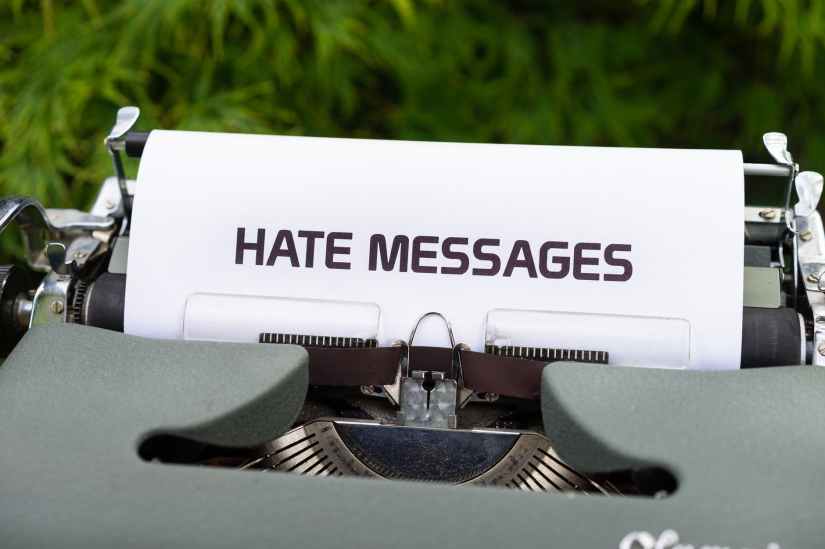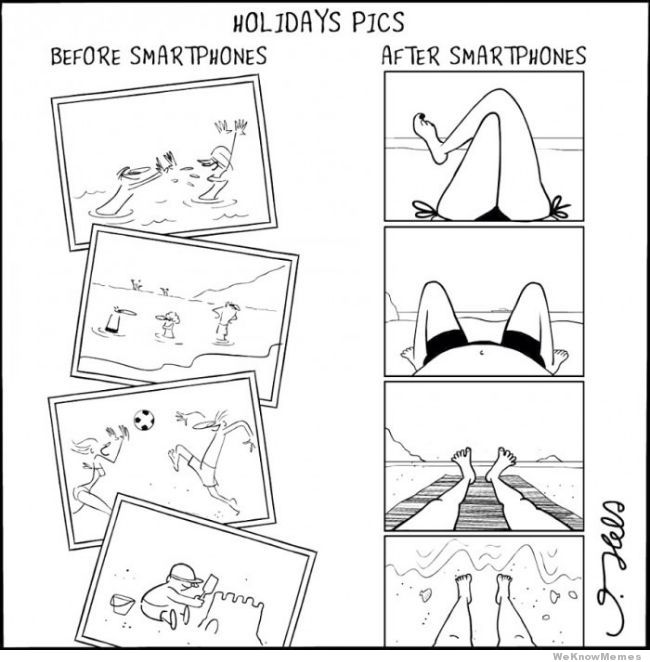There’s an epidemic raging in the community, and it isn’t a variant of Corona.
It’s FOMO – otherwise known as the Feeling of Missing Out.
What is FOMO – the Fear of Missing Out
FOMO is the feeling that you are missing out on something fundamentally important that others are experiencing right now. It can be anything from a party on a Friday night to a promotion at work, a new purchase, possession or relationship, but it always involves a sense of helplessness that you are missing out on something big.
First coined in 1996, by Dan Herman, a Marketing strategist, the term refers to that uncomfortable but normal emotion that creates negative feelings. Interestingly, studies reveal the information source, (friend, social media etc) isn’t as relevant, in triggering a negative emotional response, as the actual content of the information.
We can all experience FOMO and in some cases, it isn’t a bad thing.
Our brains are geared to sensing that not having vital information, that not being a part of the “in” group, is a threat to our survival. Thus, FOMO may trigger a stress response or “fight or flight” protective response. Fear of missing out was found to be associated with a lower sense of having one’s needs met as well as a lower feeling of life satisfaction in general.

Evolutionary Reasons for FOMO
Before modern times, [that sense of] belonging used to be essential to a person’s safety and physiological needs. If a person didn’t have a tribe or a hunting group, they might not get food or be protected from predators. Nowadays, if a person feels isolated, they may find themselves at higher risk of anxiety, depression, and even obesity or stroke. ~https://practicalpie.com
The survival of humans has always hinged on communication. It’s been helpful for us to be in the know and being included has made survival easier. Today, information on both threats and resources is received by way of television, newspapers, the internet, and social media platforms. We are very well informed.
But being in the know can be a double-edged sword.
Social media has made FOMO – an inbuilt mechanism to aid our continued survival, more pervasive, obvious and pathological as it intensifies the comparisons of regular life to the highlights of others’.
Social media and constant comparisons to others skew our sense of “normal” and we may judge ourselves negatively, or perceive that we are doing worse than our peers. Detailed photos of your friends enjoying fun times without you, is something that people were not so readily aware of in the past. But it isn’t new in a physiological sense. It’s FOMO.

Self-soothing Strategies and Parenting Styles
In the Western World, children lead, for the most part, privileged lives, (historically speaking). Lives where parents seek to give their offspring everything they didn’t have or get to experience themselves.
Parents naturally want to smooth the way for their kids, so they’ll grow up happy, and comfortable, with their needs met. Who would not want to bring a smile to a child and make them feel comfortable and loved? Children are usually very much wanted.
But is this desire to meet their wants and needs, killing them with kindness?
Danish citizens call it “curling parents.” (Smoothing the way forward like the broom in the sport of curling). When these kids become adults, they may have to face a difficult chink in the ice, on their own, without the parent smoothing out any snags. Some rise to the challenge and others might stumble and fail.
I was recently heard about a family who were about to close a sale on an affordable second-hand minivan for use on family holidays. When their five-year-old complained that the minivan smelt bad and refused to set foot in it, the parents passed up the sale and instead, bought a different style of caravan, a new one. I do hope the five-year-old’s olfactory senses were not the overriding consideration. I can’t help thinking: What message was this decision sending to the five-year-old?
My son was around 8 years old when he developed an intense interest in Pokémon. All the boys were into it. Around that time, his school friend went on a trip to the United States with his family and the family visited Disneyland. Naturally, the friend returned to school spruiking wondrous tales of the Pokémon exhibit.
Soon after, my son would beg us to take him to see the Pokémon exhibit in Disneyland. A family trip to America was not within our means as we lived in Australia, nor was it on our list of priorities. I certainly wasn’t going to plan an expensive overseas trip, based on a child’s whim. Instead, I explained how expensive it was to travel to the United States, how each family was different and had different priorities, and how it was okay and lucky for the other family that they got to visit Disneyland but it was not right for our family at that time.
And then I mentioned how some other toy/hobby/fascination would most likely take his interest in time, and his response I have to say, was mildly shocking:
“But Mum, that’s why we have to go to Disneyland NOW!”
His amygdala was certainly interpreting this FOMO as a threat to his survival!
Yet, clearly, it wasn’t.

We didn’t visit Disneyland and in time, the Pokémon fad disappeared and my son’s interests changed. However, I wonder if well-meaning parents who wish to indulge a child inadvertently miss promoting patience, perseverance or self-control when their child experiences some degree of FOMO?
How many kids of today learn to sit out their dreams waiting, hoping or saving their pocket money for years for a special toy or the latest video game? Or just til the next Christmas/birthday/parental payday rolls around?
Because we all want them to be happy, fulfilled and blessed? Right?
Crucial ‘teachable,’ moments in a child’s life are opportunities for carers and parents to nurture or promote emotional self-soothing strategies. Strategies that may help them cope with strongly felt emotions – i.e. how to live with disappointment and sadness, envy, or how to persevere despite setbacks, how to cope with delayed gratification, to show restraint or self-control.
Giving children what they want isn’t necessarily going to give them any more than temporary satisfaction. Giving them what they need might be preferable, in the long term and afford them an opportunity to develop some self-soothing strategies in the face of discomfort AND some coping strategies in the face of perceived threats of FOMO.
Especially if the item they want is something insignificant, such as Pokémon.
We can’t yet fully grasp how new technologies affect our psyches. Therefore, it is up to us as users to figure out where, when, and how often to use these products and services.” ~www.psychologytoday.com
How to Deal with FOMO

- Relish feeling out of the loop. Accept that things are indeed happening in society and sometimes you’re not invited. Embrace the fact. Blogger and entrepreneur Anil Dash wrote about the “Joy of Missing Out,” in which he learned to find pleasure in JOMO after the birth of his son when he discovered the simple joy of getting home in time to give his son a bath and put him to bed.
- Use software apps to help you get started: Apps such as Forest for iOS, Space for Android, RescueTime for Windows, or SelfControl for Mac generate reports to help users see just how much time they spend online and set time limits. For those who need more: Internet-blocking software Freedom or browser extensions such as Website Blocker or WasteNoTime block sites that cause unwanted distractions.
https://www.psychologytoday.com
Despite our ancient tendency to feel the negative emotion of FOMO, the feelings can be reversed or mitigated and there is even evidence to suggest FOMO reduces with age.
There is hope if you can resist!
























